Jigging for Crappie
In this blog post, we'll take a closer look at the science behind jigging for crappie. We'll explore how crappie use their senses to locate prey, how water temperature affects their feeding behavior, and how you can use this knowledge to your advantage when fishing for crappie. We'll also discuss the best types of lures and bait to use for crappie fishing, and offer some tips on how to improve your jigging technique.
By the end of this post, you'll have a deeper understanding of the science behind jigging for crappie, and be well-equipped to catch more fish on your next fishing trip. So grab your fishing gear and get ready to learn!
When it comes to jigging for crappie, having the right gear can make all the difference. Here are some of the best gear options for successful crappie jigging:

1. Rod and Reel Combo: A lightweight and flexible rod paired with a smooth and high-quality reel is essential. Look for a combo that is specifically designed for crappie jigging.
2. Jigs: There are a variety of jigs available on the market, but the best ones for crappie jigging are typically small and brightly colored. Experiment with different shapes and colors to find what works best in your fishing spot.
3. Line: Opt for a lightweight and sensitive line that can detect the lightest of bites. Fluorocarbon lines are a popular choice for crappie jigging.
4. Depth Finder: Knowing the depth of the water can help you determine where the crappie are located. A depth finder can save you time and increase your chances of catching fish. Invest in the best fish finder possible. Whether you use a regular sonar or forward facing sonar a good fish finder will help you locate more crappie. With today's technology even a low cost fish finder is amazing.
5. Mapping: A good mapping unit is also a valuable tool in finding crappie. Most fish finders today come with a mapping software installed and they are very accurate. To be able to motor to a creek channel or follow a certain depth contour is invaluable in narrowing down where the crappie are hanging out on any given day. A map of your body of water can help you locate and jig for more crappie.
Investing in quality gear can help you become a more successful crappie jigging angler. Try out different options and see what works best for you.Jigging for crappie is not just a matter of luck or skill. It also involves understanding the science behind the behavior of these elusive creatures. Crappie are known to be highly sensitive to changes in water temperature, light, and even sound. They also have unique feeding patterns that can vary depending on the time of day and the season.
Knowing Where to Jig for Crappie
Knowing where to jig for crappie can be the key to a successful fishing trip. Here are some tips on where to find crappie:
1. Look for Cover: Crappie tend to congregate around cover such as brush piles, fallen trees, and weed beds. Cast your jig around these areas and try different depths until you find where the crappie are located.
2. Focus on Drop-offs: Crappie often hang out near drop-offs and changes in depth. Use your depth finder to locate these areas and focus your jigging efforts there.
3. Check Out Structures: Bridges, docks, and other man-made structures can attract crappie. Cast your jig around these structures and experiment with different depths until you find where the fish are located.
4. Pay Attention to the Season: Crappie behavior can vary depending on the season. In the spring, crappie tend to move towards shallow water to spawn. In the summer, they may move to deeper water to escape the heat. In the fall, they may move towards shallow water again as the water cools.
5. Consider Time of Day: Crappie may be more active during certain times of the day. Early morning and late afternoon tend to be good times to jig for crappie.
By focusing your jigging efforts around cover, drop-offs, structures, and considering the season and time of day, you can increase your chances of finding crappie. Remember to be patient and experiment with different techniques until you find what works best for you.
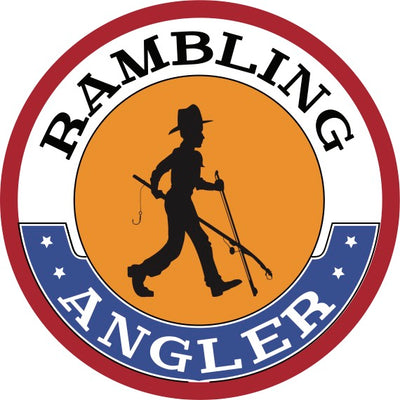
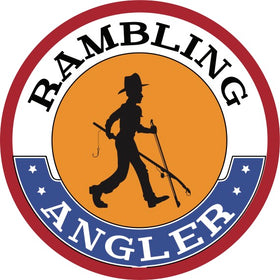


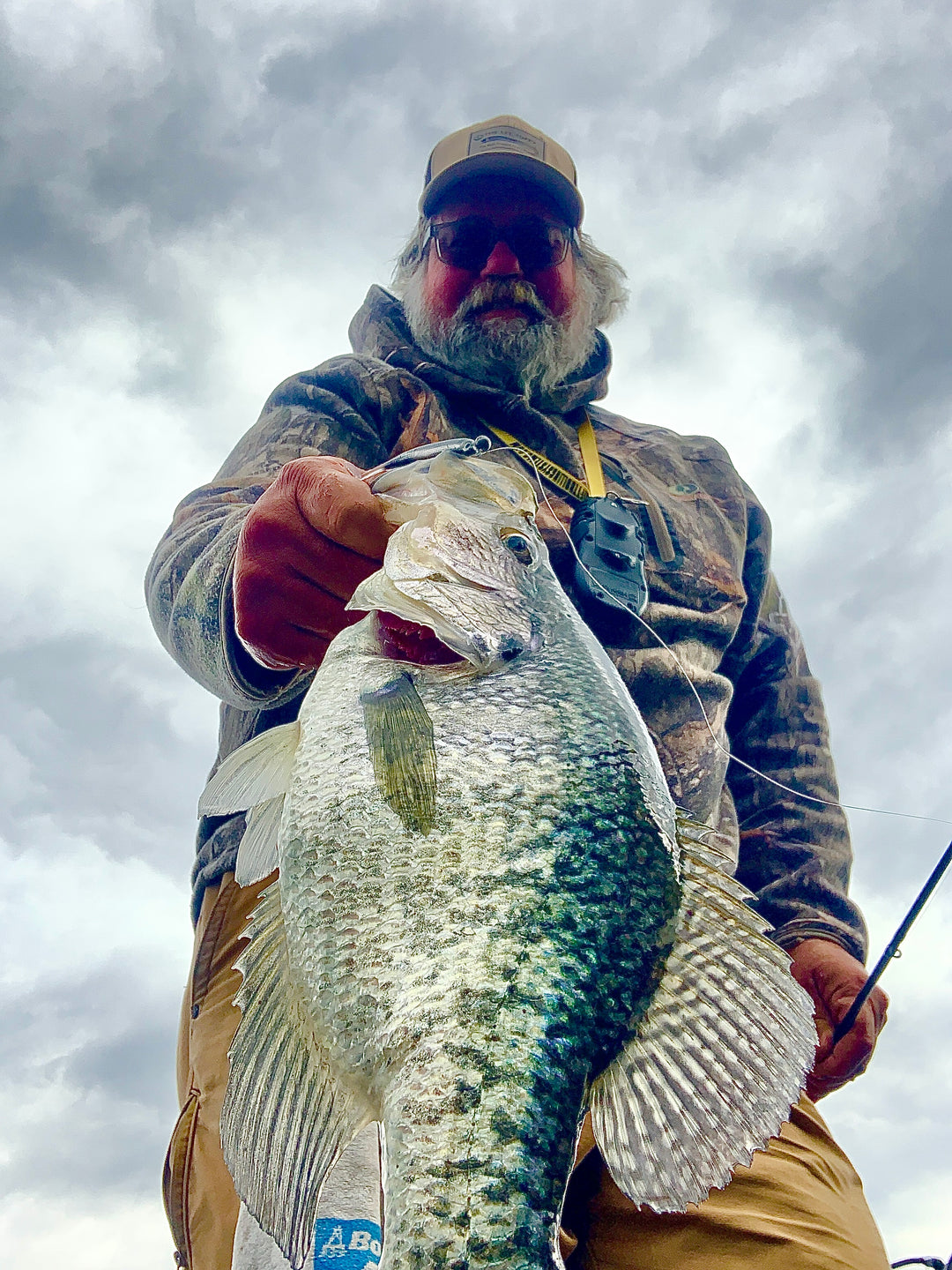
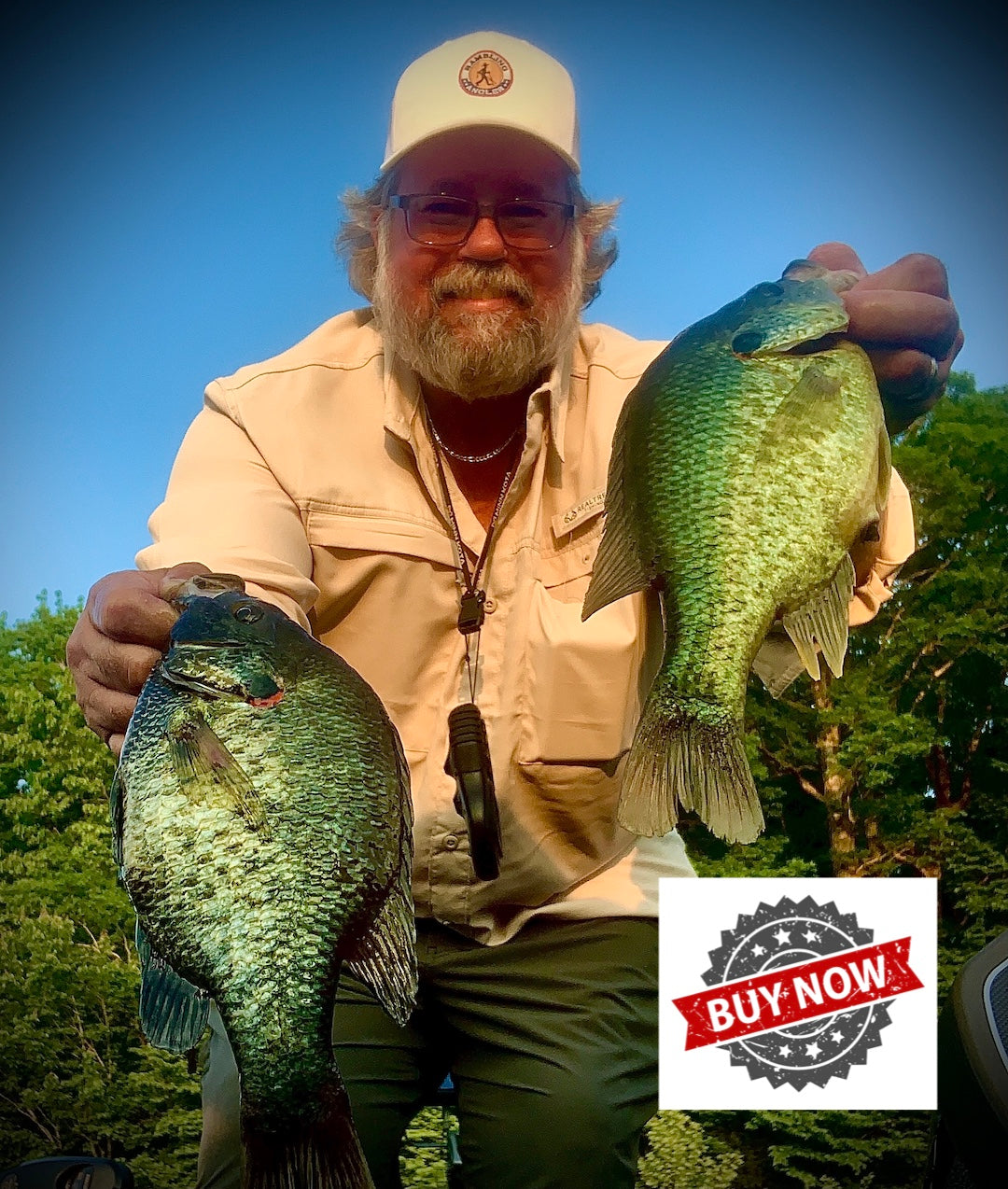
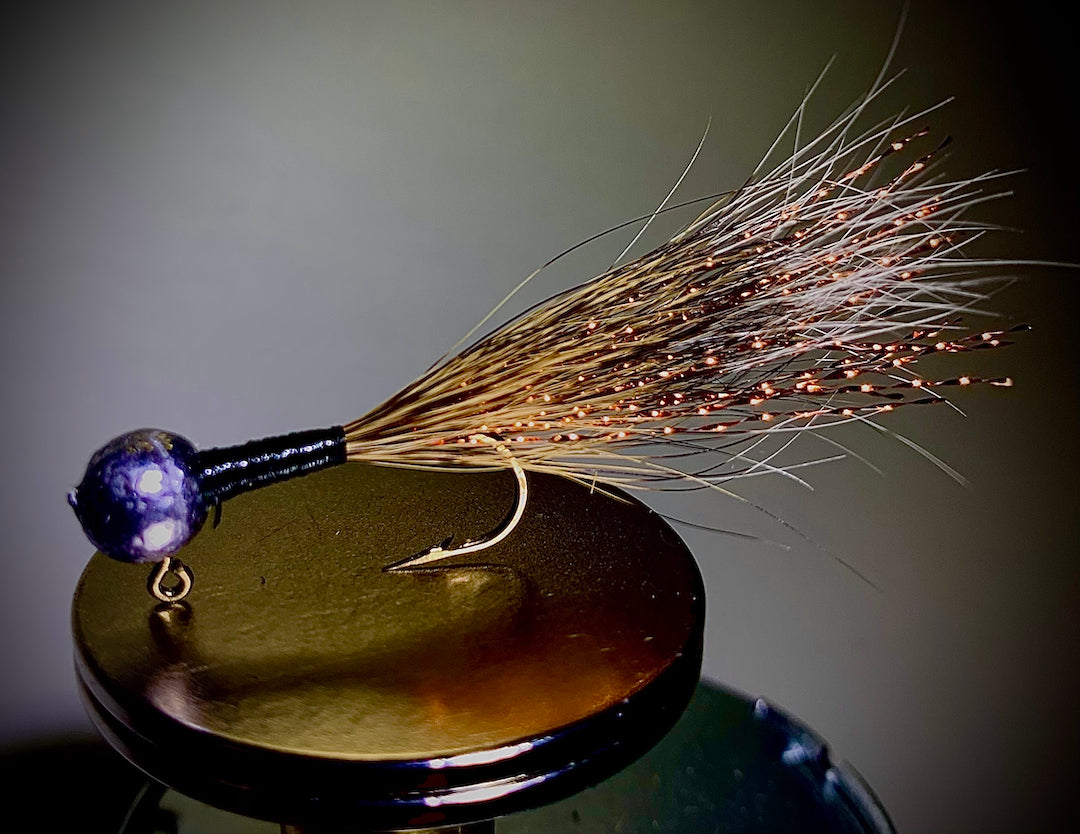
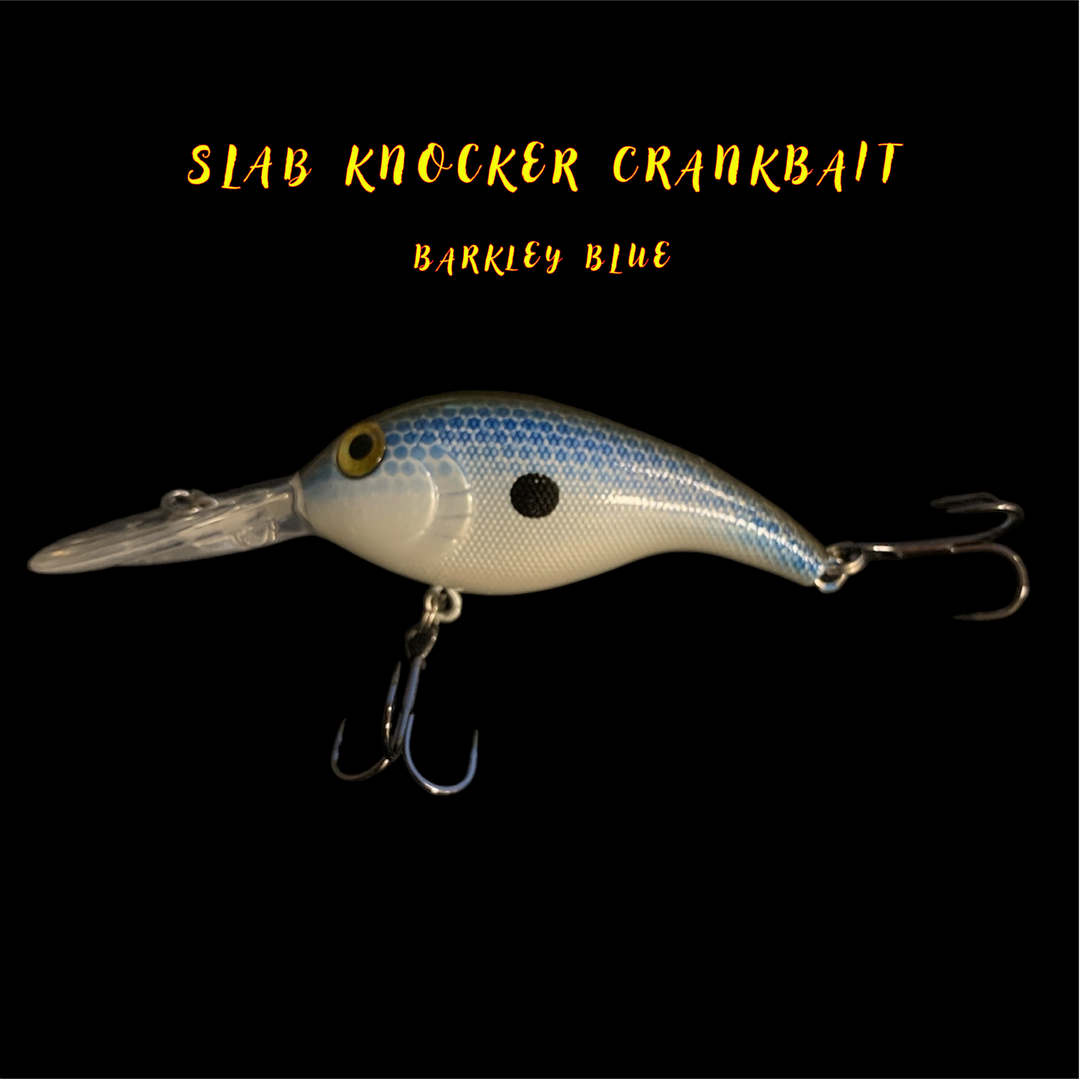
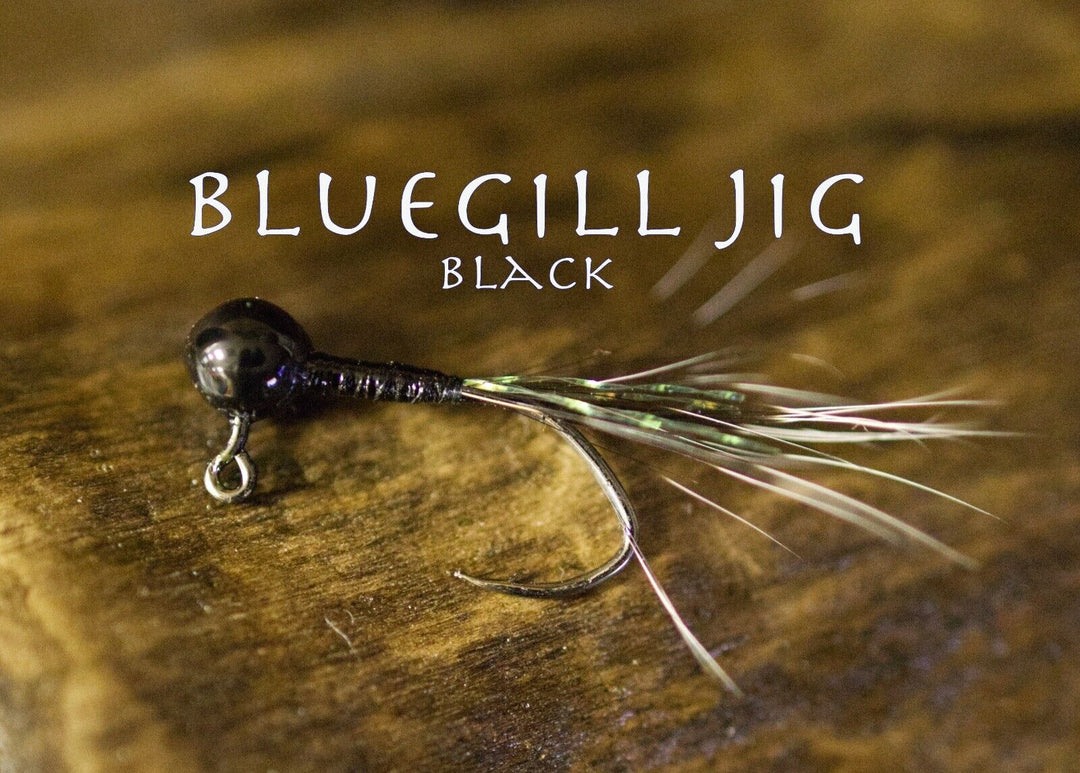






Leave a comment